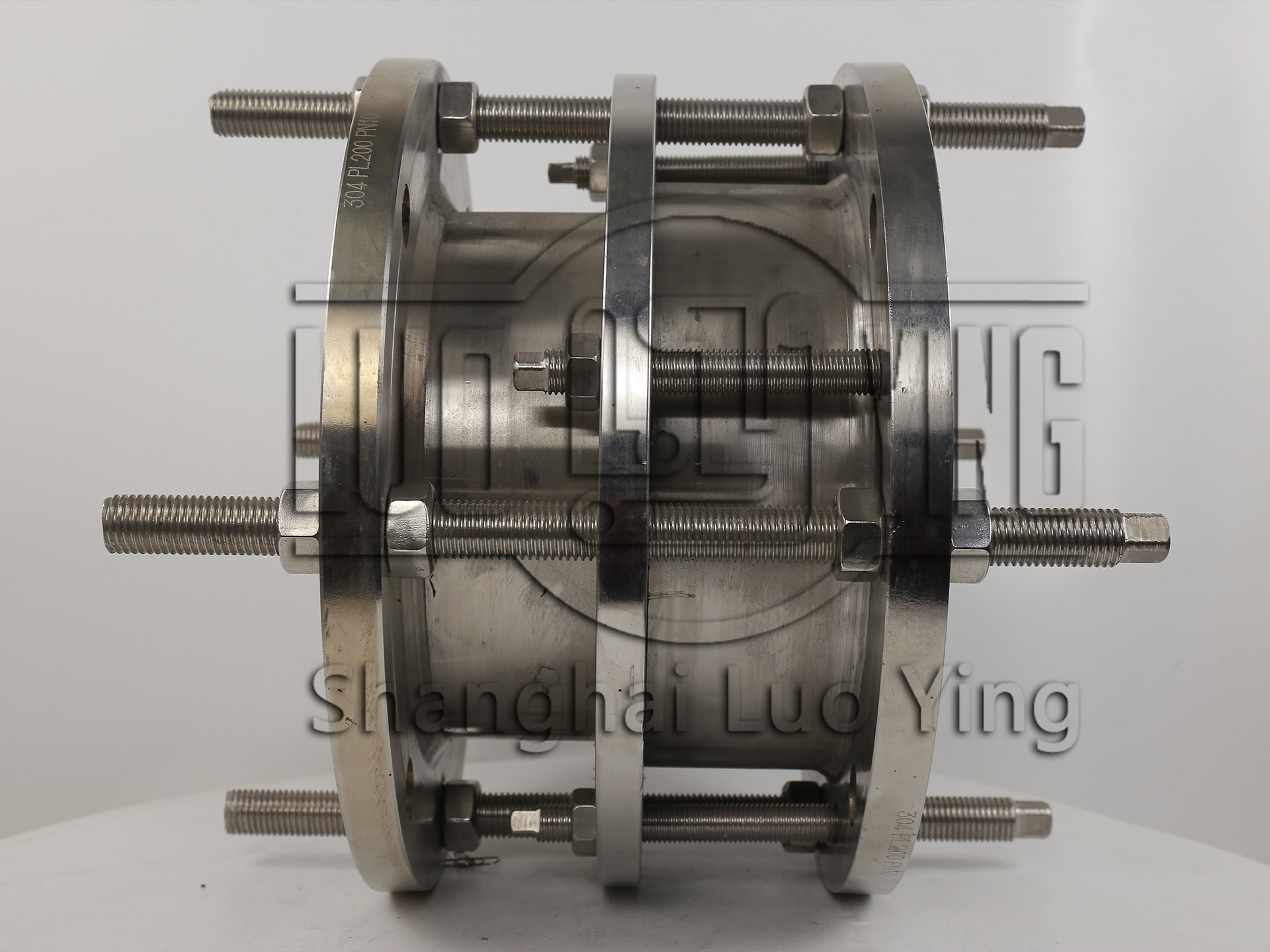Overview and use of anti-corrosion flange type expanders.
Jul-23-14
Overview and use of anti-corrosion flange type expanders. Anti-corrosion flange type expanders, also known as corrosion-resistant flange type expansion joints, are designed to resist the effects of corrosion in demanding environments. These expansion joints offer protection against corrosion, which can cause degradation and failure of standard expansion joints over time. Here is an overview of anti-corrosion flange type expanders and their uses.
1 . Design and Construction: Anti-corrosion flange type expanders are typically made from materials that are resistant to corrosion, such as stainless steel, nickel alloys, or PTFE (polytetrafluoroethylene). These materials have excellent chemical resistance and can withstand exposure to corrosive media, including acids, alkalis, solvents, and aggressive gases. The design of these expansion joints incorporates corrosion-resistant materials for all wetted parts, including bellows, flanges, and sealing elements.
2 . Corrosion Protection: The primary purpose of anti-corrosion flange type expanders is to protect the expansion joint from the effects of corrosion. Corrosion can lead to leaks, reduced flexibility, weakened structural integrity, and premature failure of the expansion joint. By using corrosion-resistant materials, these flange type expanders can maintain their performance and reliability in corrosive environments.
3 . Applications: Anti-corrosion flange type expanders find extensive use in industries where there is a high risk of corrosion or chemical attack, such as chemical processing plants, petrochemical plants, oil and gas refineries, wastewater treatment facilities, offshore platforms, and pharmaceutical manufacturing plants. They are used in piping systems that handle corrosive fluids, high-temperature gases, or volatile chemicals. These expansion joints provide the necessary flexibility and movement to absorb thermal expansion, vibration, and misalignment while offering excellent resistance to corrosion.
4 . Benefits: The use of anti-corrosion flange type expanders offers several benefits. Firstly, they provide reliable and long-lasting performance in corrosive environments, reducing the risk of premature failure. They can withstand exposure to a wide range of chemicals and remain unaffected by corrosive media. Secondly, these expansion joints minimize the need for regular maintenance, reducing downtime and associated costs. They also contribute to the overall safety and integrity of the piping system by preventing leaks and ruptures caused by corrosion. Lastly, anti-corrosion flange type expanders help extend the lifespan of the entire system, ensuring smooth operation and minimizing the need for costly repairs or replacements.

In conclusion, anti-corrosion flange type expanders are specialized expansion joints designed to resist corrosion in corrosive environments. Their use ensures long-term reliability, safety, and performance in industries where corrosion is a significant concern. By choosing these expansion joints, industrial plants can effectively mitigate the risks associated with corrosion, saving time and costs associated with maintenance and repairs.

